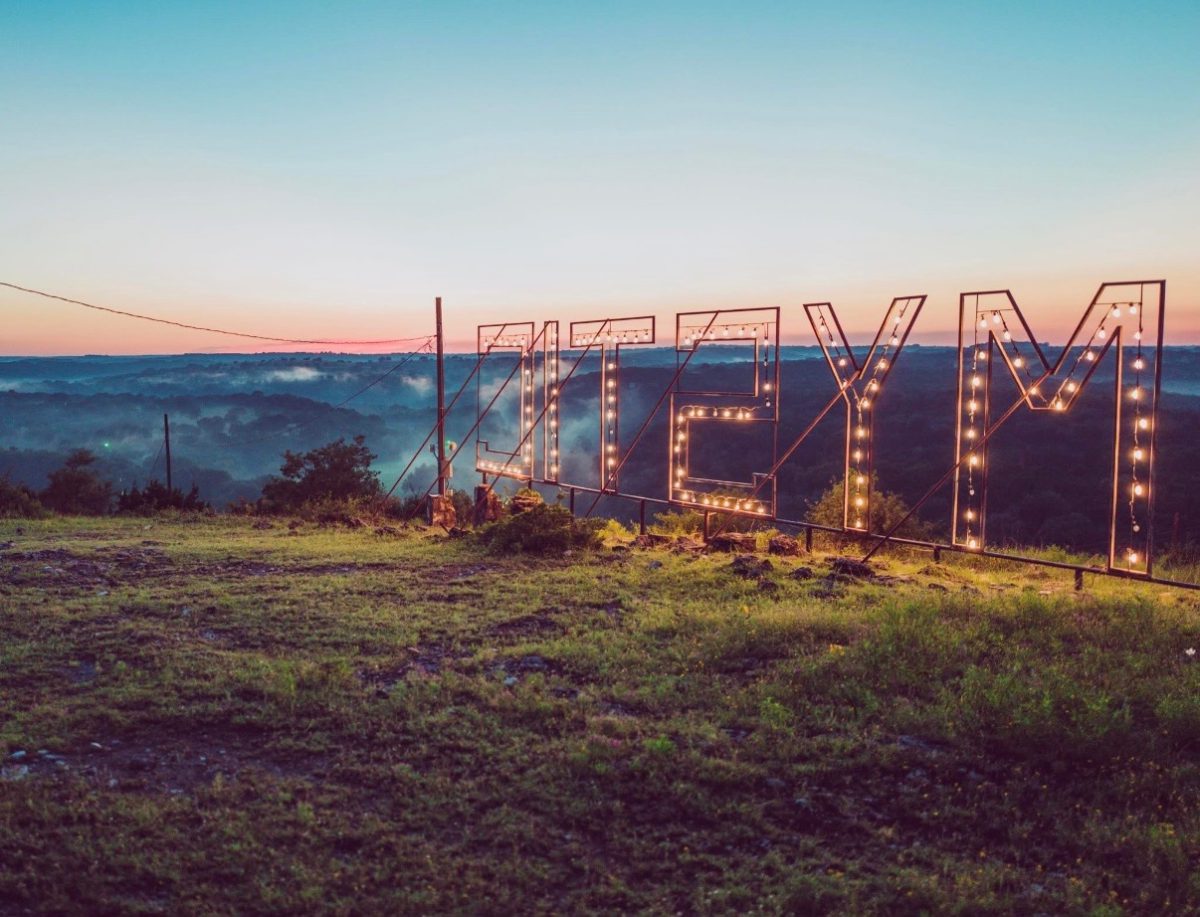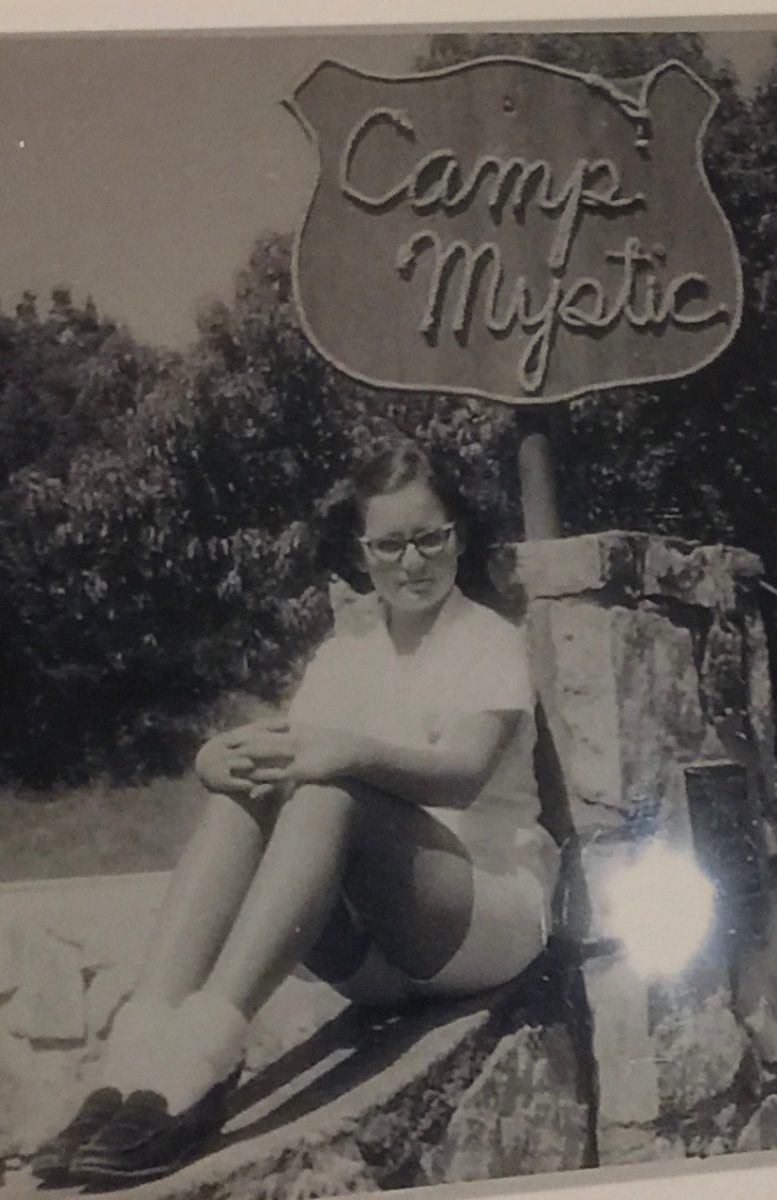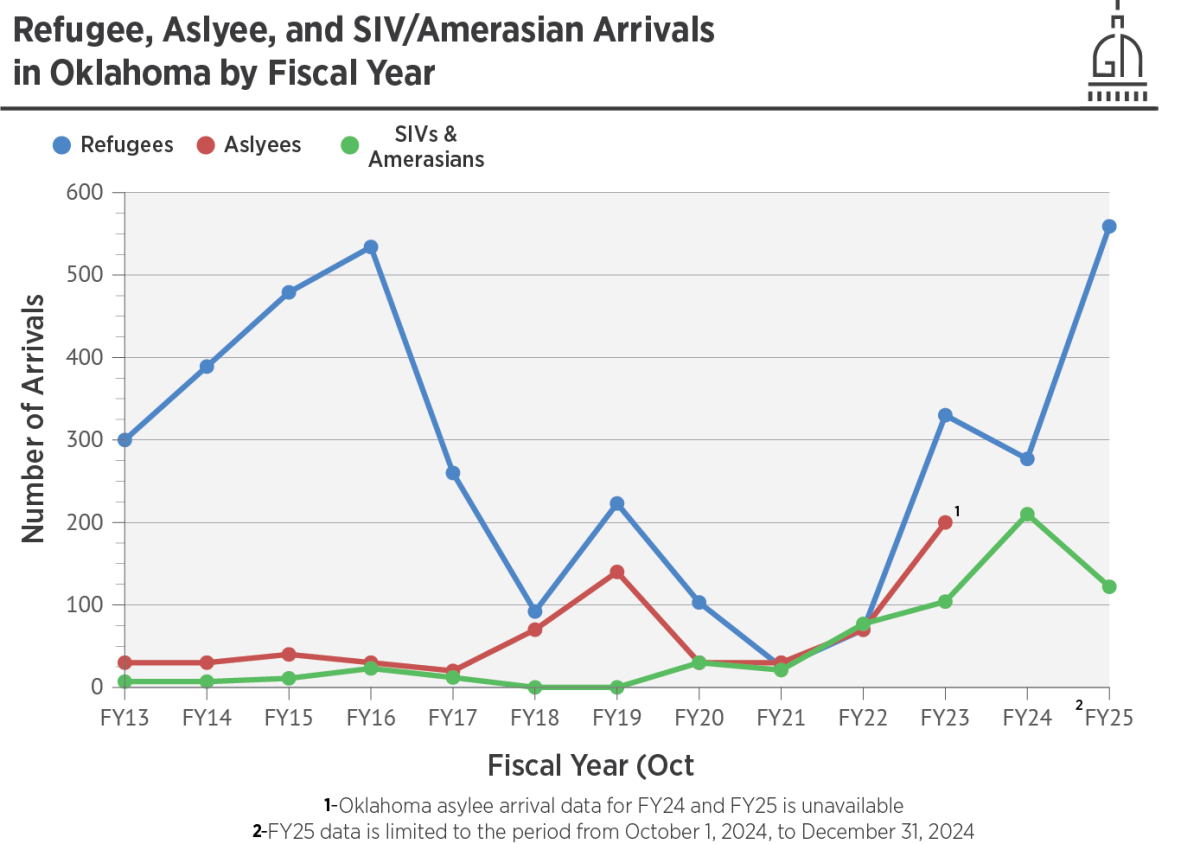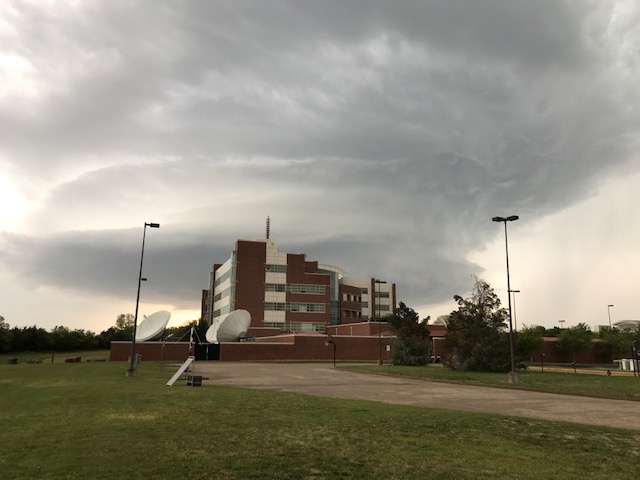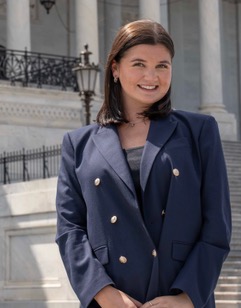WASHINGTON – Summer camp is a place where time stood still, say young women who camped at Camp Mystic.
To those who’ve spent summers there, these camps are more than just summer retreats. They are places of deep tradition, personal growth and lifelong connections drawing individuals from across the country, including Arkansas, Oklahoma and Louisiana, making the recent loss all the more profound. No matter how much the world changed with new technology or passing trends, Mystic remained constant.
For University of Oklahoma graduate Grace Shoop, Camp Mystic has always been more than just a summer camp, it is a cherished tradition and a place where lifelong friendships and formative experiences guided her into adulthood.
Shoop’s love for the camp began when she was just eight years old, following in the footsteps of her grandmother, Shea, who first attended Mystic as a young girl. Over the next 12 years, she returned as both camper and counselor, forming deep bonds and lifelong memories in what she and many others have called a “home away from home.”
“One of the unique aspects of not just Mystic, but Texas summer camps in general, is that they are such institutions,” Shoop said. “I remember my grandmother would pull me up into her lap, and we would sing camp songs together before I went to camp and she helped me pick out what design to get painted on the top of my trunk.”
Camp Mystic, founded in 1926, has long been a cherished retreat in the Guadalupe River valley where generations of young women have gathered to worship, build lasting friendships and grow in confidence and character. The camp has played a role in shaping countless lives, including those of President Lyndon B. Johnson’s daughters, Jenna Bush Hager and former First Lady Laura Bush, who once worked there as a counselor.
Shoop emphasized the lasting impact of sleepaway camps, especially in creating space for girls to form deep bonds and grow into themselves.
Before helicopters arrived and soot covered the once-green golf course at Mystic, she remembered the quieter moments like sneaking out of the cabins after lights out to lie under the stars and dream about the future.
“We would lay on the golf course and talk about college and getting married and maybe one day bringing our daughters back to Mystic,” she said. “And we always said we hoped we’d still be friends through all of it. Now, I’ve been in two of those girls’ weddings, helped them move across the country and flown across the country for them.”
Throughout the weeks, campers participate in worship, performances and classic outdoor activities. But above all, Shoop said their main focus as counselors was helping the girls understand something simple but powerful, that Mystic was built to be a place where girls could play.
“If you really think about the power in that statement, there’s power in giving girls a space where they can run as fast as they can, scrape their knees, catch big fish and get dirt under their fingernails,” Shoop said. “We check our phones in, we pack our makeup up for a month and we are just girls together. You don’t have to be careful or quiet or small. It’s such a unique environment, where all of these girls can be loud, brave, messy and through that, it creates such a unique bond.”
Prayer services and memorial gatherings have been organized in Austin, Houston, Dallas and San Antonio, giving former campers and Mystic community members a space to honor their memories, support one another and remember the sisters they shared Mystic with.
The youngest campers, including rising third and fourth graders, were housed in cabins located closest to the river. These were areas that were hit the hardest when the floodwaters swept through, tragically taking the lives of 27 children and counselors.
Another OU graduate, Sarah Beth Schmid, started attending Camp Mystic at age 8 and returned for nine summers. She’s getting married this November, with four of her bridesmaids being lifelong friends she met at camp.
What stands out most to Schmid are the values Mystic instilled in her, particularly during her final year as a camper, when she served as an “Aide,” helping with every meal for the younger girls, and was honored with a spot in the camp’s “War Canoe” race.
“When you go, you just kind of have this unspoken language and understanding. You can just be around them and they love you no matter what,” Schmid said.
“I wish I could put into words what it was like, but I just can’t express how special of a place it is. I feel such a heartbreak for what’s happened, it’s just unbelievable and unspeakable.”
One message Schmid remembers most from her time at Camp Mystic was a quote instilled in all the girls: “The love in your heart wasn’t put there to stay. Love isn’t love until you give it away.”
Camp owners and executive directors Dick and Tweety Eastland embodied that spirit in countless ways. Dick, who lost his life saving campers during the flood, and Tweety made each girl feel seen and valued, whether it was by helping them catch their first fish, remembering each of their names or simply being a comforting presence to lean on.
In her final summer as a camper at Mystic, Schmid was one of just three girls across the entire camp awarded the James Eastland Cup Girl Award, an honor named after Dick and Tweety’s son, who passed away unexpectedly. She described receiving it as “the greatest honor and achievement of my life,” a reflection of her deep love for the camp and all it stood for.
“The love doesn’t go away. It’s something that will never dwindle, no matter what,” Schmid said.
Shelby Davis, who will be one of Schmid’s bridesmaids, said that one of the greatest blessings in her life was going away to camp for the first time. Before spending 12 summers as both a camper and counselor, Davis spent her first week in tears during rest hour, writing letters to everyone she knew asking to be picked up, only to be met with her dad’s steady reminder to have fun and push through the hard moments. She fondly recalled spending the early part of that month at Dick and Tweety Eastland’s home, collecting eggs and playing the piano for the couple.
“I can’t imagine what my life would be like if I hadn’t gone to Mystic,” Davis said. “It shaped me into the woman I am, gave me some of my closest friends and memories and still gets woven into my everyday conversations.”
“The camp motto is be kind to one another and let Mystic bring out the best in you. I will carry these words for the rest of my life. I know this will not be easy and it’s a grief that can’t be explained but I know that God has greater plans for us all.”
“The Mystic sisterhood transcends age and distance,” she said, describing camp as a place where time stood still.
“As I’ve been reading stories from past campers, whether it be a girl who spent her last month at Mystic just this June, a mom with girls now old enough to be campers or grandmothers who have not been in 60+ years, we all recount the same beautiful experience,” Davis said.
“I don’t know what the future holds but I know that Mystic will forever be a part of who we are. We will tell our children stories of the amazing summers we had there, sing them the songs that shaped us, and instill in them the love and lessons we had from our slice of heaven.”
Though Mystic’s traditions like felt T’s, K’s and M’s, silver charm bracelets filled with cabin names, activities and camp emblems, sacred songs at War Canoe races and tribe events, peanut butter on vanilla ice cream after fried chicken, standing for Kate Smith’s God Bless America after dinner, Reveille at 7:30 a.m., Taps at 10:15 p.m. and vespers on Chapel Hill in all white on Sunday evenings made the camp special, it was the relationships that truly set Mystic apart from others.
Even after 11 summers, Mia Laovi, an LSU graduate, still recalls how small moments, like discovering the giant whisk belonging to Dick and Tweety’s son Richard and writing about it in the camp newspaper, bring them joy to this day. For the record, Richard read the article and let the girls make ranch dressing themselves, an experience Laovi described as feeling like “we were actually on top of the world.”
Jamie Chaney, who spent 15 summers at Mystic, described a sense of escape from reality the camp provided.
“Ever since July Fourth, I’ve been thinking about that. I feel like I truly became who I am there because it’s where I found my confidence,” Chaney said.
“One song we used to sing at campfire went, ‘Make new friends, but keep the old. One is silver, the other is gold. A circle is round, It has no end. That’s how long, I will be your friend,’” she said.
Gaylord News is a reporting project of the University of Oklahoma Gaylord College of Journalism and Mass Communication. For more stories by Gaylord News go to GaylordNews.net.

